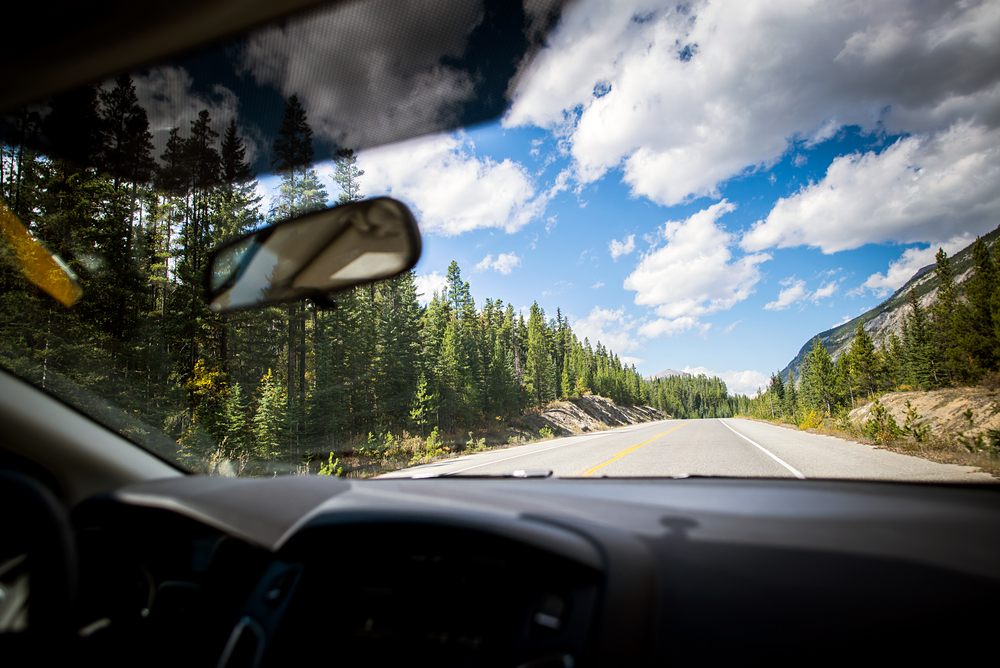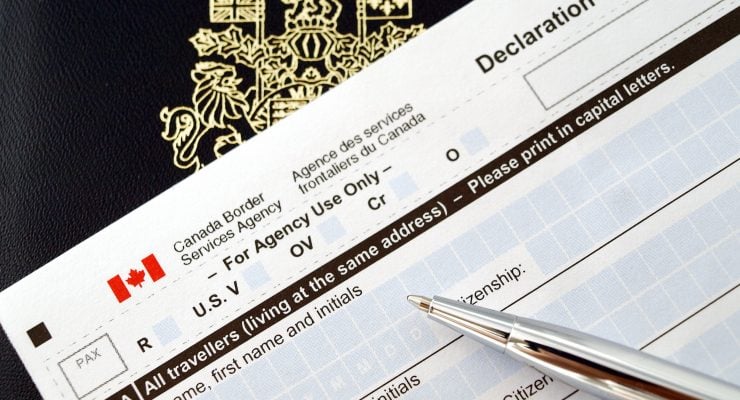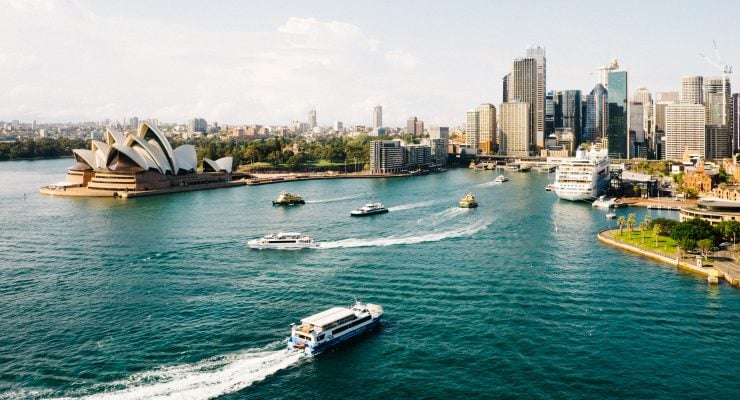- Assess your needs: daily commute, number of riders, potential long trips, and whether you’ll convert a vehicle into a campervan, plus road type expectations (main roads vs off‑road).
- In Canada, most cars are Japanese, Korean, or American; European makes are rarer and pricier, and automatic transmissions are the norm (manuals <10%).
- Common types are minivans, SUVs, vans and campervans; camper conversions often use Dodge Grand Caravan, Honda Odyssey, or VW Routan.
- Set a clear budget: expect CA$2,000–6,000 for a used car or CA$15,000+ for a new one; also budget for insurance, registration, petrol, parking, and maintenance for Pvtistes.
Choosing the perfect vehicle for your needs and budget
What type of vehicle do you need?
Okay, so you’ve decided to buy a car for your Canadian adventure. Once again, it’s time to assess your needs to find the right type of vehicle for you. Indeed, the “right car” depends on who you are and what you expect from it.
Do you need a car for your daily commute? How many of you are going to use the vehicle? Are you considering a long road trip? Would you like to convert your vehicle into a cozy campervan to save on accommodation costs? Are you going to drive only on main roads or go on off-road trails?
Answer these questions and keep your budget in mind to narrow your search.
Top tips:
- Canadians mostly drive Japanese (Toyota, Honda), Korean (Hyundai) or American (GM) cars. European makes are rare and expensive.
- Fewer than 10% of cars have a standard (manual) transmission. Good news, as getting used to driving an automatic car is easier than the other way around!
- Three models are popular for minivan-to-campervan conversion: Dodge Grand Caravan (sturdy and very common so parts are easy to find), Honda Odyssey and Volkswagen Routan.
- Common types of vehicles include minivans (“voiture familiale” in Quebec), SUVs (“VUS” in Quebec), vans (“fourgonnette” in Quebec) and campervans (“fourgonnette de camping” in Quebec).
What should you budget for?
A second-hand or brand new vehicle… and much more! At the very minimum, owning a car means paying registration fees, buying insurance and petrol. But wait, there’s more, like parking fees and unexpected maintenance expenses!
Once again, make sure to estimate your car budget before committing to the purchase. Using public transit, renting a car when needed, or using a car sharing service is always going to be cheaper, although less convenient.
The purchase price of the vehicle
Prices vary widely by province/territory, make and model. Generally speaking, expect to pay CA$2,000-CA$6,000 for a reliable second-hand car and CA$15,000 and up for a brand new vehicle.
If you’re heading to a dealership for a new car, remember that everything is negotiable. Car sales have a lot of wiggle room and you’re not supposed to pay the full price tag. Margins are usually comfortable for options and add-ons and these are usually easier to negotiate than the price of the vehicle itself.
Need financing? Review your options carefully as interest rates, conditions and restrictions vary widely. The two most common lenders are the dealer’s financing office or your financial institution. A caveat for newcomers and temporary residents—it’s very difficult to get a loan without a good credit score and a credit history in Canada.
Petrol
Petrol is more expensive in Canada than in the US but it’s still cheaper than in many countries around the world.
The price is always in cents per litre and it fluctuates every day. It can be more expensive in some provinces/territories than in others—keep this in mind if you live close to a border! Petrol prices also invariably go up right before a long weekend of a major holiday.
Check the daily updated Retail Fuel Prices by Province for a complete overview of current prices (taxes included).
Insurance
Read Chapter 6 of this guide for more detailed info… but insurance is definitely a large part of your planned budget.
Miscellaneous expenses
Budget for maintenance, winter tyres, CAA membership (useful if you’re taking a road trip), repairs, etc.
Example of a budget
A regular, second-hand car bought and used for commuting in the greater Montreal region.
|
Item
|
Price
|
|
2008 Mazda 3 with 155
|
000 km
|
CA$3500
|
|
Comprehensive insurance coverage (Desjardins Insurance plan)
|
CA$58/month
|
|
SAAQ vehicle registration fee
|
CA$11.60/month (CA$140/year)
|
|
Petrol
|
CA$60/month
|
|
Street parking fee
|
CA$140/month
|












 Français
Français English
English




0 comments
{{like.username}}
Loading...
Load more